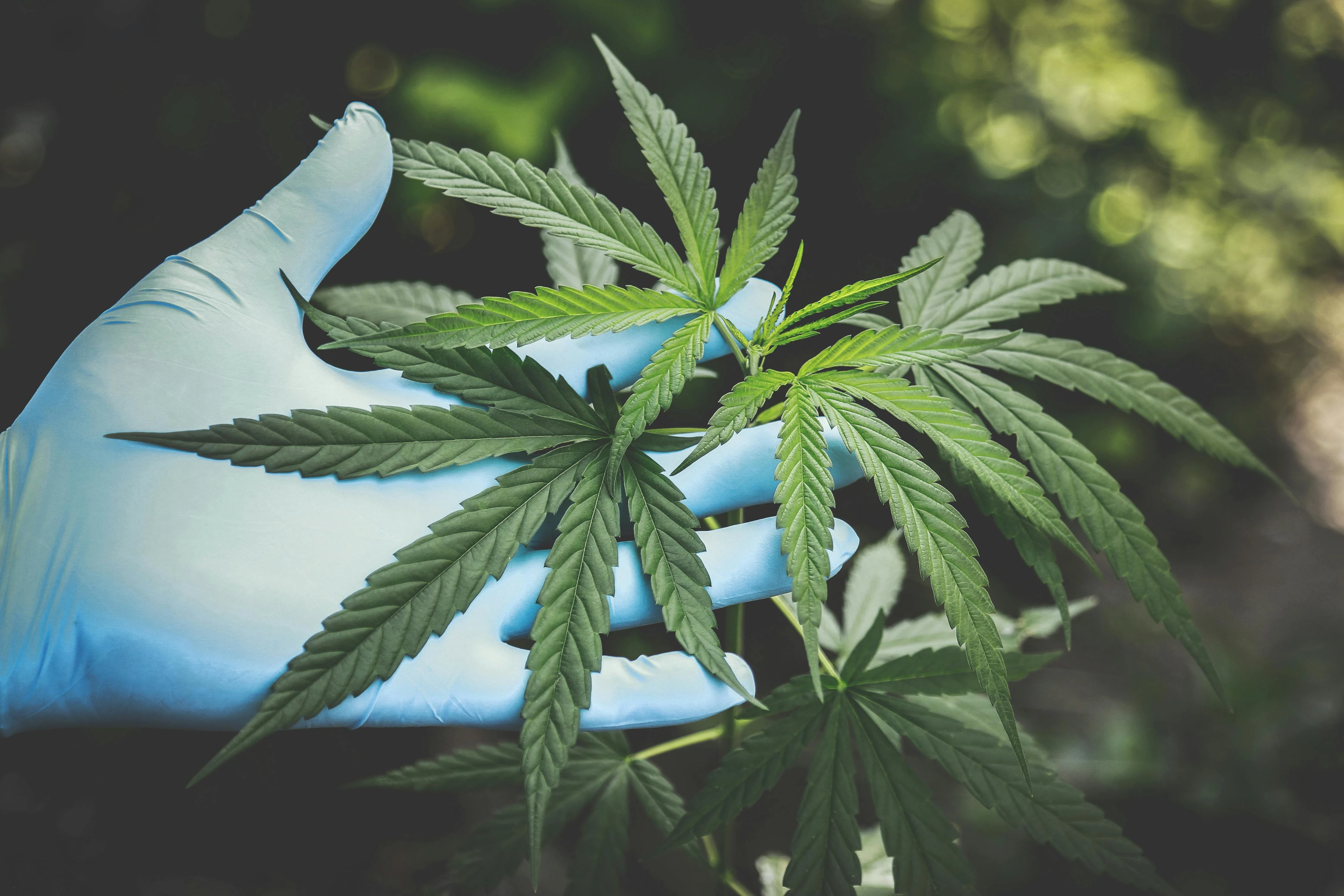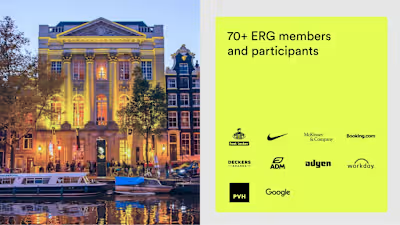10 things businesses should know about the EU hemp market

Thanks to the growing awareness about its benefits and more information to debunk common myths, hemp has gradually gained a solid presence across EU markets.
If you are unfamiliar with this economic area and wish to explore local opportunities for hemp producers, this quick overview can serve as a starting point for your research.
Growth in hemp cultivation and production
The area for hemp cultivation has grown significantly, from 20,540 hectares in 2015 to 33,020 ha in 2022 which accounts for 60% increase. During this particular period, the hemp production also went up from 97,130 tonnes to 179,020 tonnes - 84.3% increase.
Netherlands is NOT the top EU hemp producer
Despite the popular belief, the Dutch are not the biggest players in this market. France is, in fact, the largest hemp producer, accounting for more than 60% of EU production, followed by Germany with 17% and The Netherlands with 5% share.
Comeback of hemp fibre in the textile industry
With a texture similar to linen, hemp fibre has made a comeback in the European textile industry, which it used to dominate until after WWII. As a sustainable material, it is viewed favourably in terms of the EU strategy for this sector which promotes the transition towards a greener and more sustainable economy. France is currently the biggest hemp fibre producer, followed by Italy and the Netherlands.
Hemp changing the game in construction
Due to its ability to store carbon, hemp has become a sought-after material in the construction industry aiming to achieve carbon neutrality by 2050. In order to reach this, the building sector promotes the use of carbon neutral materials of carbon sequesters. Lime hemp concrete (aka Hempcrete) falls into the second category because of its ability to retain more carbon than it emits not only during its production but also during a building’s life. Other hemp-based products used in construction are hemp wool and fibre-board insulation materials. France its currently the biggest player in this market.
Eco-friendly hemp paper
Hemp fibre paper is a sustainable replacement for the classic one made from wood pulp. Hemp stalks quick to cultivate, taking only up to five months to mature. Also, hemp paper production does not require bleaching chemicals. Lastly, hemp paper can be recycled seven to eight times which makes it more reusable than the classic paper which can be reprocessed five to seven times.
Hemp-derived plastics
Eco-friendly, lightweight and durable, hemp-derived plastic has become a preferred option in manufacturing. The sector has been hard pushed to improve its carbon footprint by the EU’s sustainability policies so, hemp-based plastics are nowadays commonly used by car, railway, aviation and aerospace manufacturers.
Hemp in energy production
As one of the materials used to produce biofuels, hemp has started to replace traditional fossil fuels. This is particularly significant in the EU strategy for transport which promotes the use of renewable energy sources to reduce emissions and create a safer energy supply.
Industrial hemp in cosmetics
Due to its moisturising and soothing effect, industrial hemp is used in cosmetics, particularly those suitable for dry skin. Typically, it can be found in oils, body lotions and anti-dandruff shampoos.
Hemp as an organic food supplement
Cold-pressed hemp seed oil is a popular organic food supplement known for its abundant content of omega-3 and omega-6 fatty acids. It is used as an ingredient to prepare delicacies such as dips, salad dressings, vinaigrettes and even smoothies.
Hemp based fishing gear essentials
Hemp seed is used to produce boilies, hard-boiled baits used by fishermen to keep the little ‘nuisance’ fish from eating at the bait and catch bigger fish. It is particularly popular among carp fishing enthusiasts.
Ongoing challenges for hemp producers
Even though the hemp industry is rapidly growing, Europe is yet to unlock its full commercial potential. The European Industry Hemp Association warns that unclear regulations about the use and marketing of hemp flowers, coupled with their incorrect classification as narcotics (despite the fact they contain low amounts of THC) and hemp bans in several EU countries hinder the local farmers. Hence, as the only pan-European body representing the hemp sector, they have been calling for a ‘whole plant’ approach.
References
Like this project
Posted May 22, 2024
A blog post highlighting useful facts about the approved use of hemp in the EU and challenges local farmers still face.
Likes
0
Views
22






